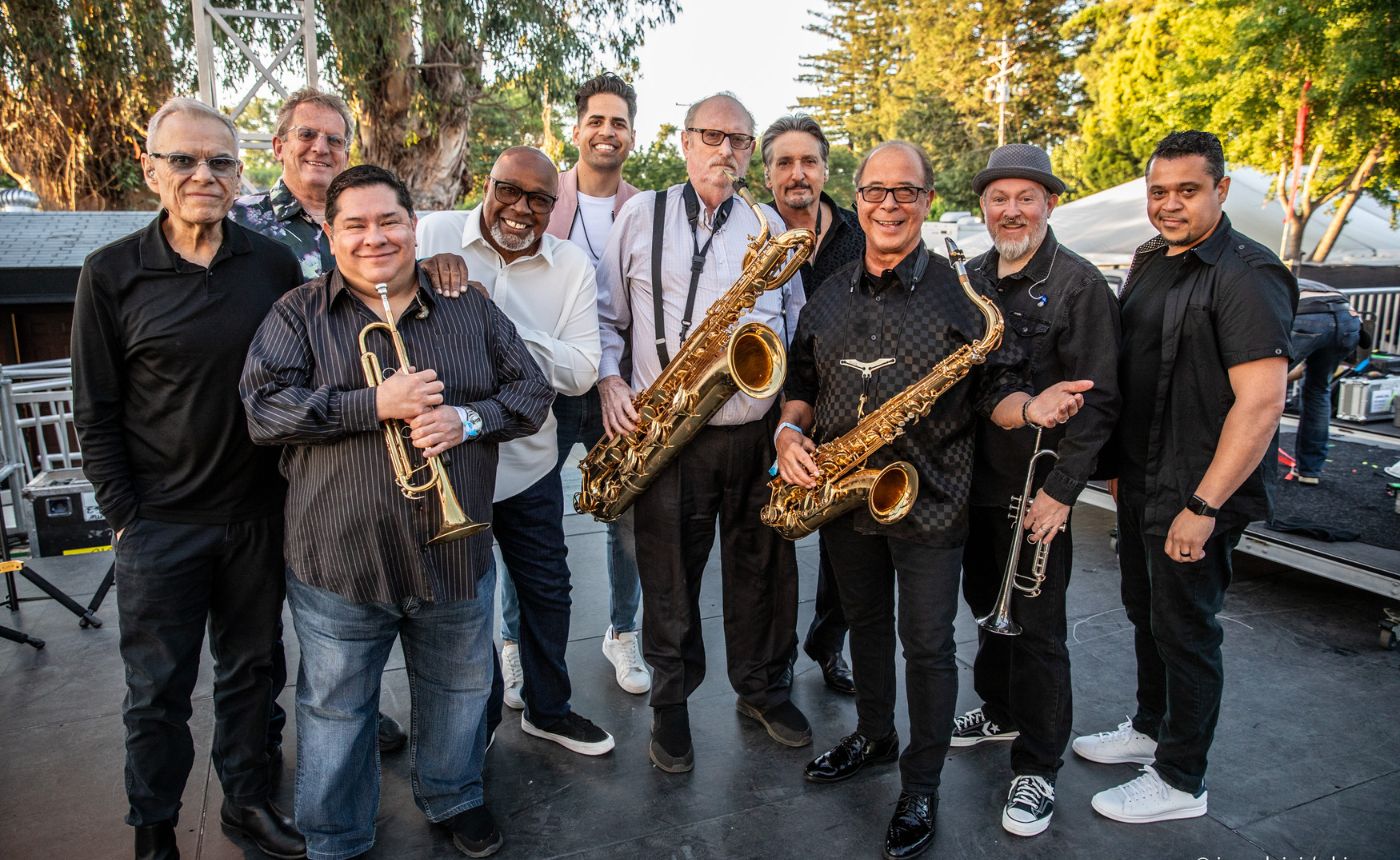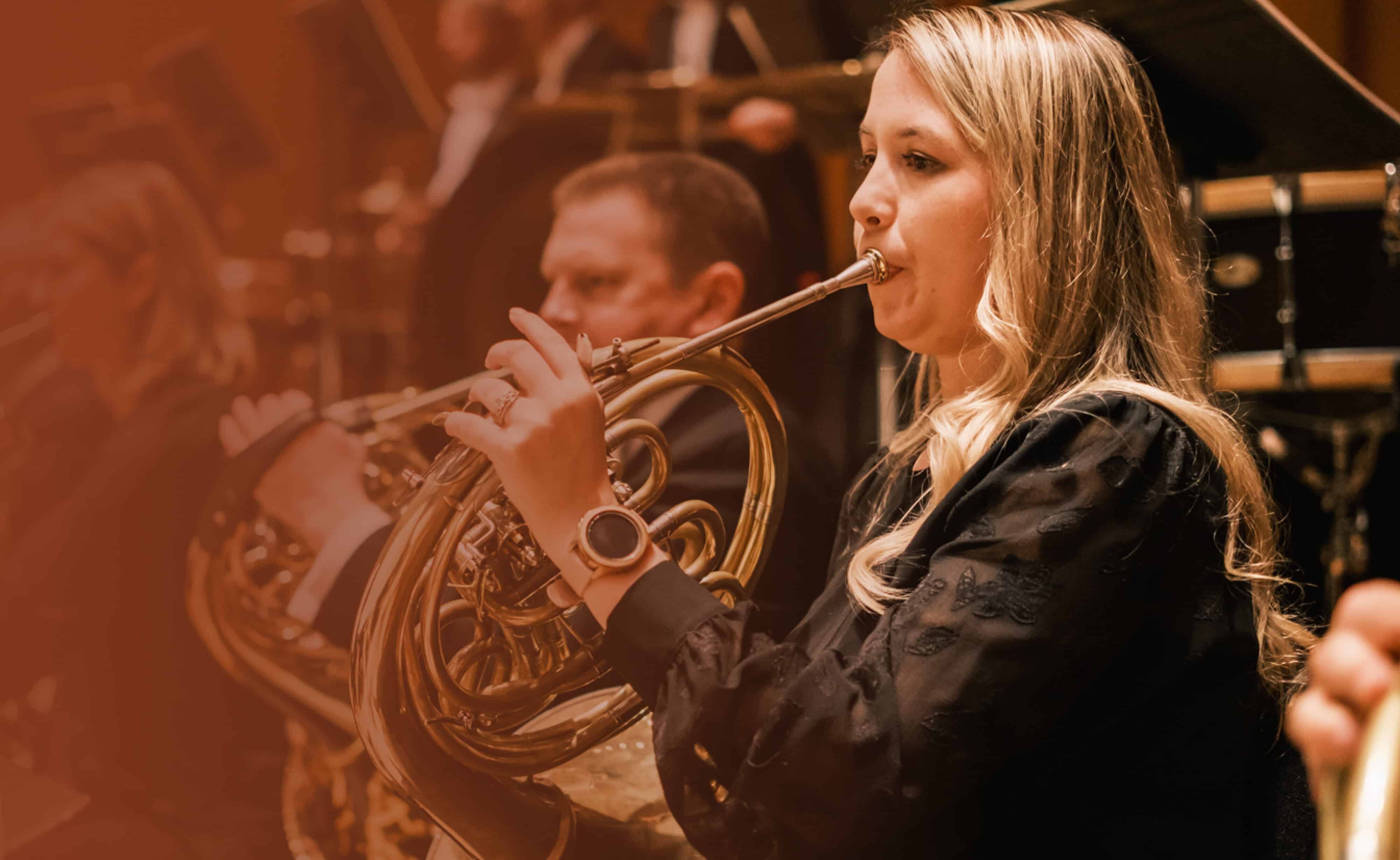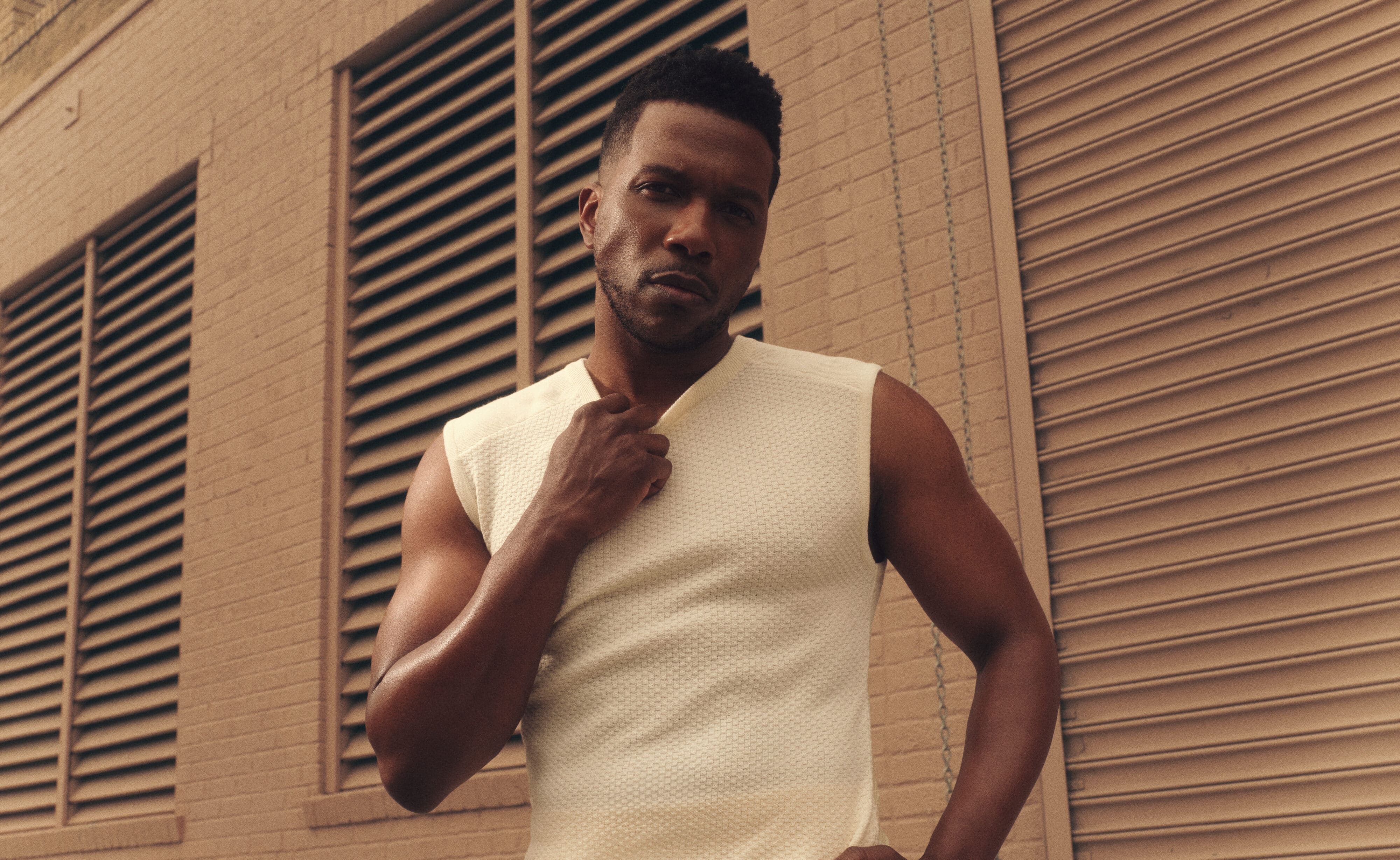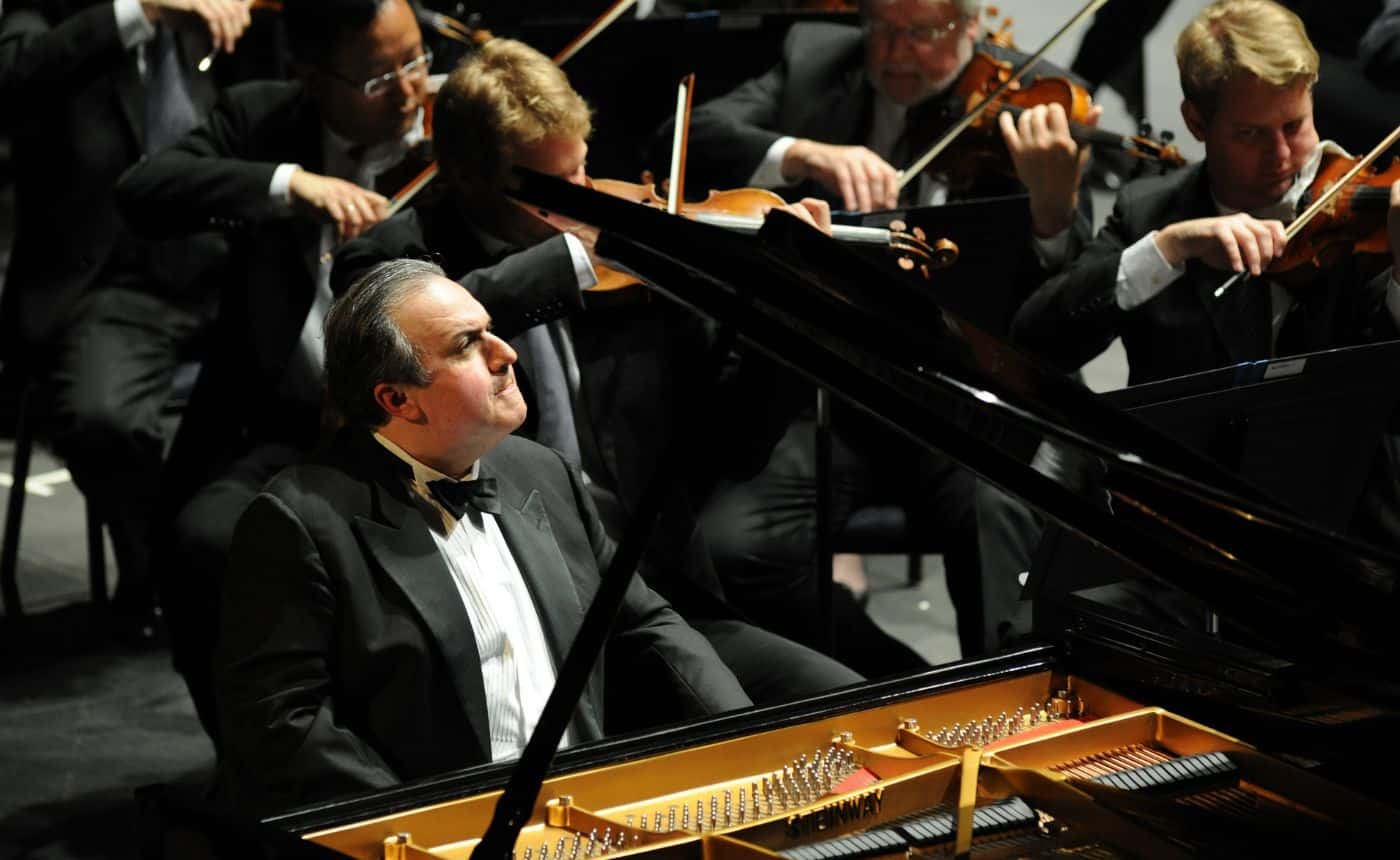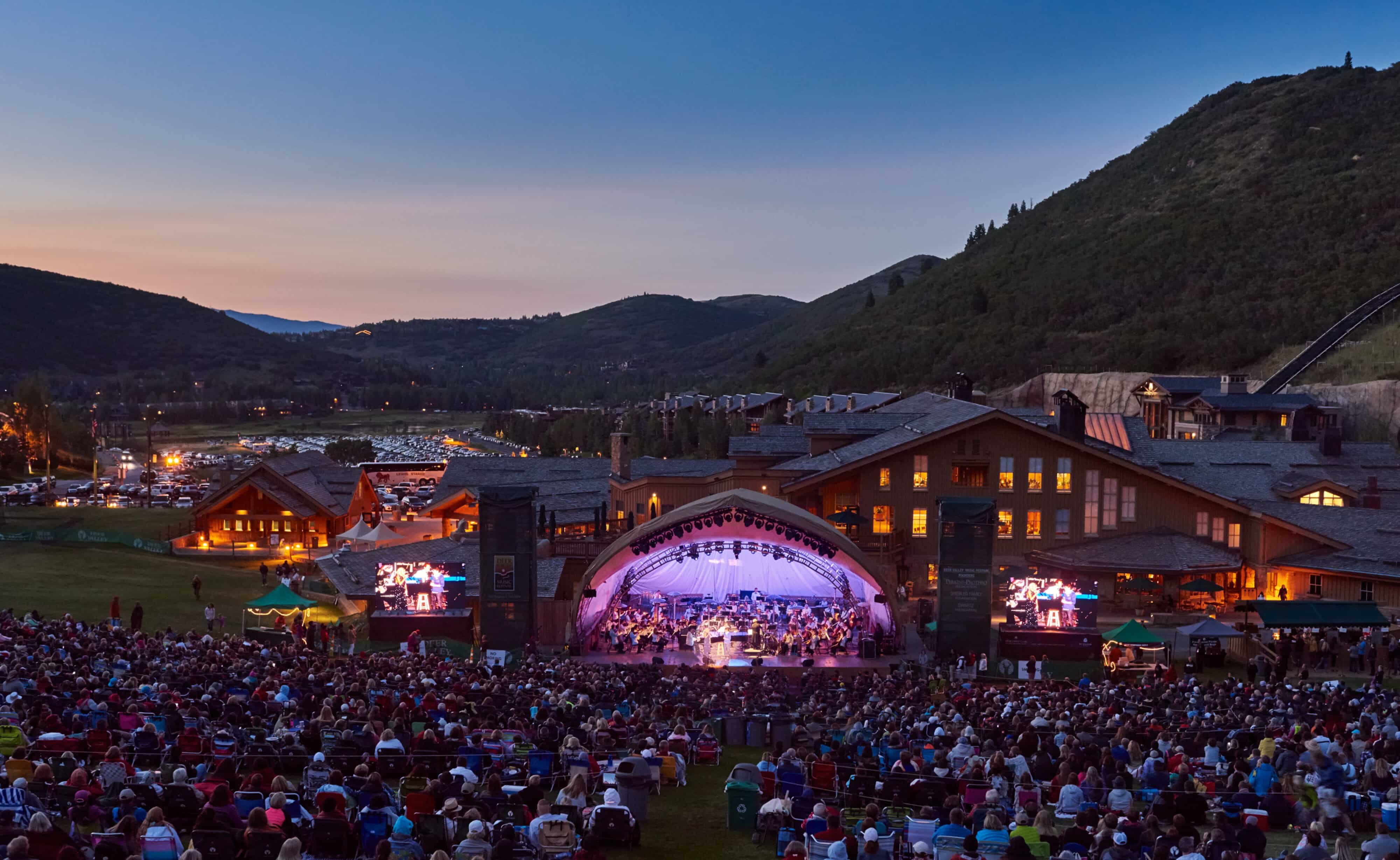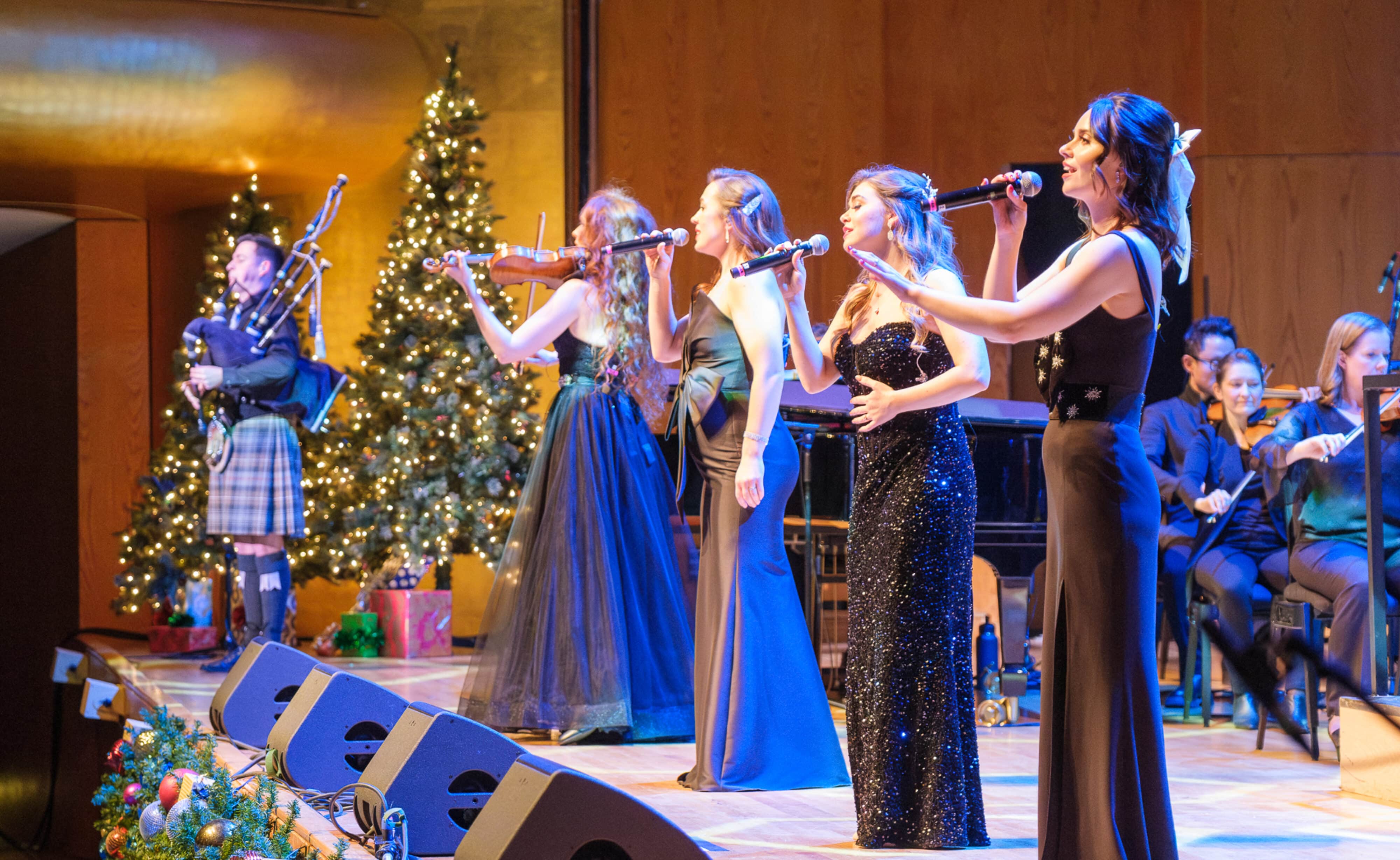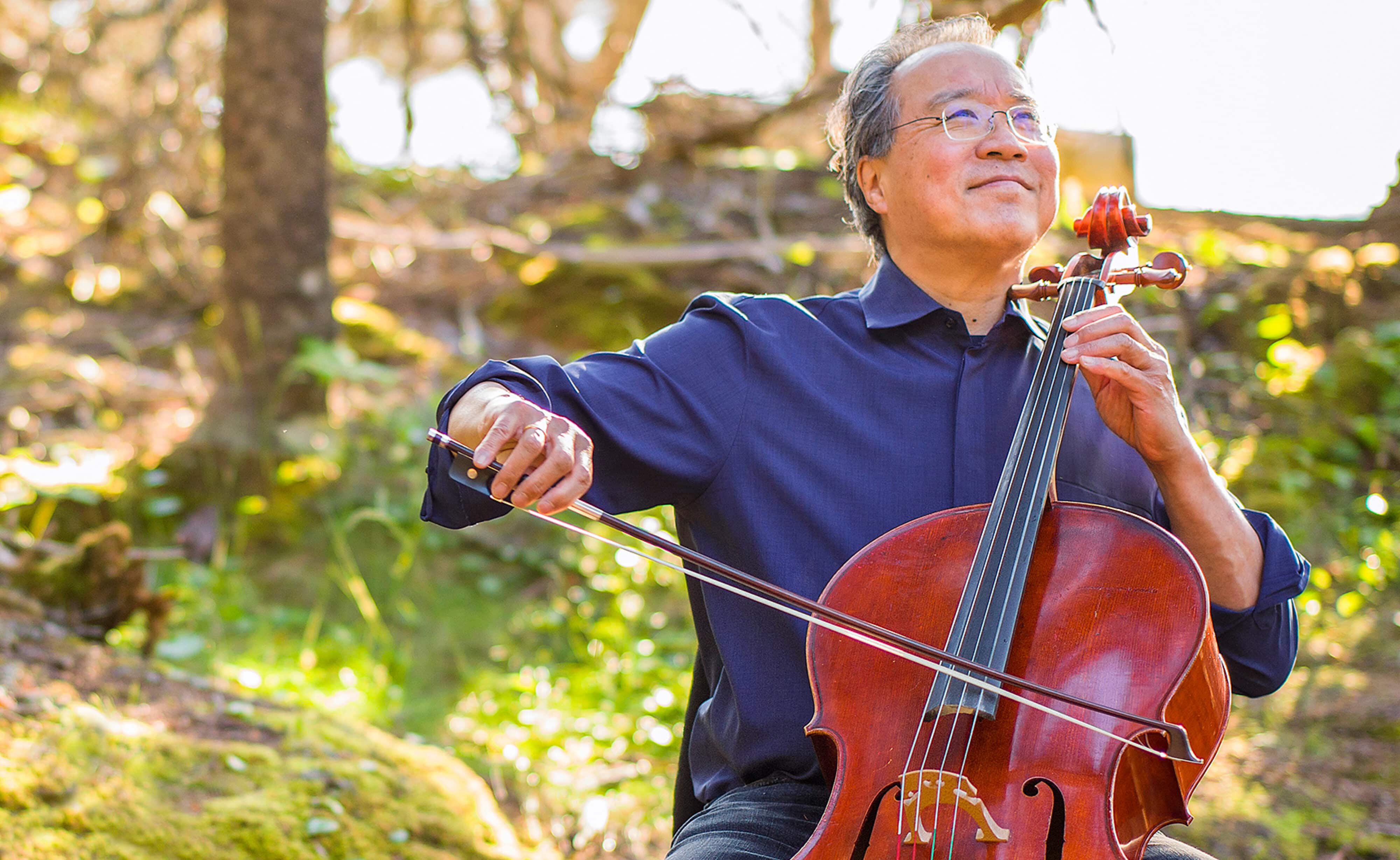Prokofiev – Suite from Lieutenant Kijé, Op. 60
Suite from Lieutenant Kijé, Op. 60
Instrumentation: 3 flutes, 2 oboes, 3 clarinets, 2 bassoons; 4 horns, 3 trumpets, 3 trombones, tuba; percussion; strings
Performance time: 19 minutes
When it comes to the rivalry between the Soviet Union and America during the Cold War, we think of Sputnik, the moon landing and the nuclear arms race. But the two empires’ respective film industries were engaged in an even more telling competition. Starting in the 1920s and continuing until the USSR came apart, the moviemakers of these two world-dominating empires were perfect opposites. Operating in a free-market economy, the Hollywood studios created a dream factory that spread American cinema and cultural values throughout the world. Meanwhile, Soviet filmmakers, operating under government control, and no wonder: the state’s cultural apparatus recognized the new medium’s potential to shape opinion as well as to entertain. It was ideal for promoting government-approved artistic goals: highly accessible to the proletariat and utile to the state, promoting the advantages of approved collective ideals and the values of the revolution while demonstrating the traditional glories of Soviet culture. The 1934 film Lieutenant Kijé is a perfect example, Based on a novella by Yury Tynyanov, it’s a characteristically Russian picaresque tale of bureaucratic ineptitude and corruption among the top brass. The lieutenant in question is a question mark — a squiggle entered by mistake into a military ledger. Increasingly elaborate attempts to cover up this error result in the nonexistent soldier’s promotion up the ranks, trumped-up death, and posthumous demotion.
The Soviet approach to filmmaking took the soundtrack seriously. Even so, Prokofiev, known as a sophisticated composer with a taste for dissonance, seemed like an improbable choice to compose the Kijé score, and he was at first reluctant to undertake it. But the idea captured him; convinced that he had discovered the ideal musical voice for the scenario, he grew eager to compose music that he described as simple and melodious. How right he was! In this suite, one of his most popular, we hear everything about Kijé in a deftly layered music that never condescends to its farcical subject; it is funny and engaging, but with a haunting strain of melancholy and echoes of fictional military exploits that somehow turn into realistic memories. The piquant texture of the instrumentation comes in part from Prokofiev’s use of the saxophone, influenced by Ravel’s Bolero.
Few works in the repertory so successfully combine jauntiness and sadness. Music from this suite has been used in many other films, including the English classic The Horse’s Mouth with Alec Guinness.




